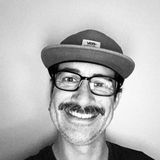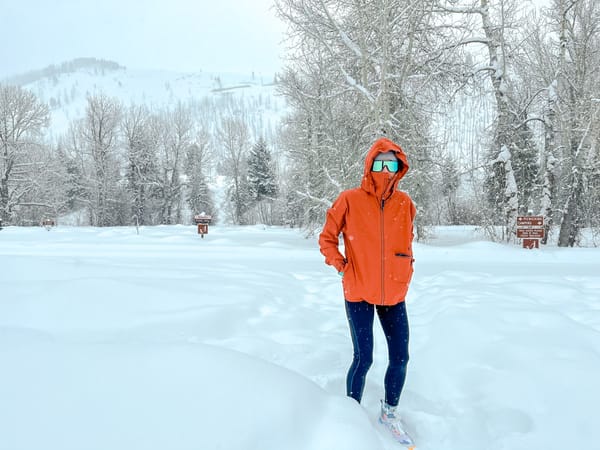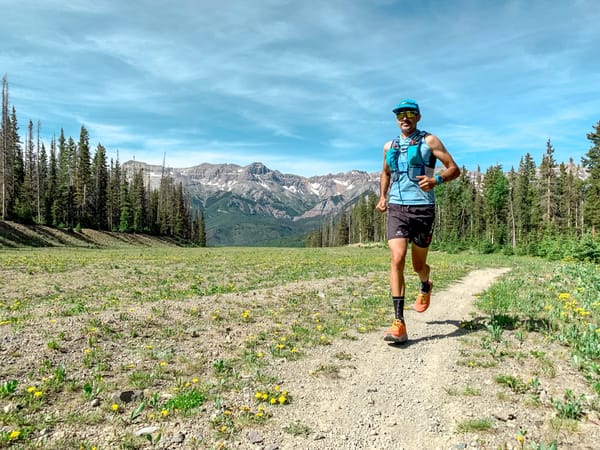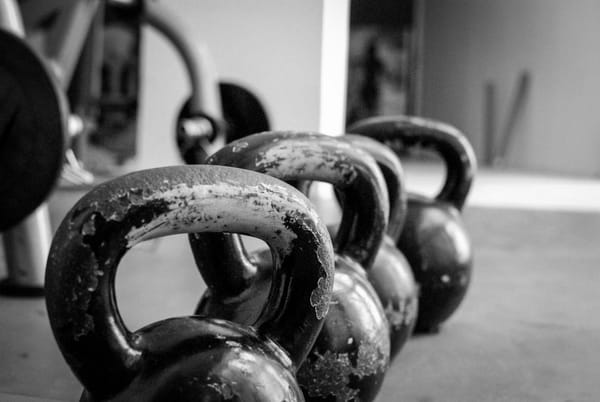Striking Thoughts: How Bruce Lee Kicked Ass and My Mind
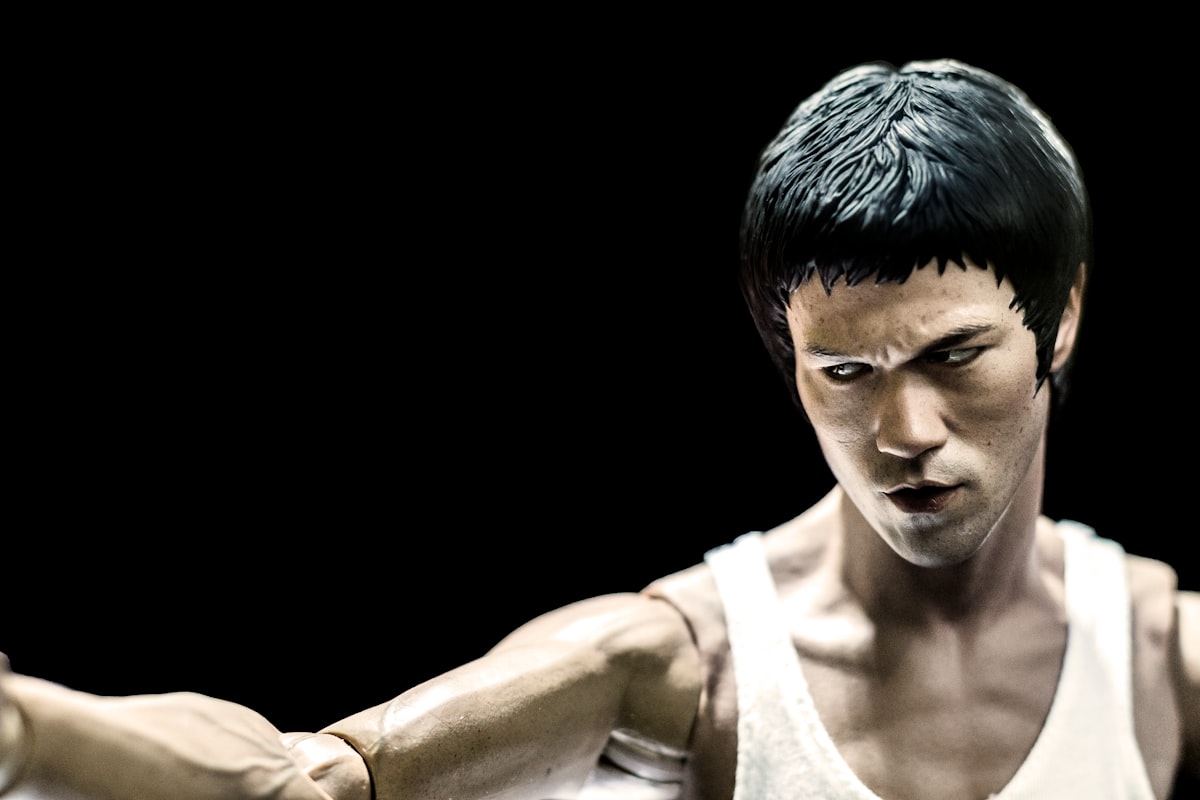
The oak tree is mighty, yet it will be destroyed by a mighty wind because it resists the elements; the bamboo bends with the wind, and by bending, survives. — Chinese philosophy
When I was a young boy, like many boys, I had a fascination with Bruce Lee. I was enamored with the man’s physical prowess; his strength, paused extended leg kicks, charisma, ability to fight off dozens of villains all by himself, and of course his infamous nose brush. I had the desire to be what he physically represented — a little man kicking ass. No doubt my attraction to Bruce was driven by my own lack of confidence, and being the polar opposite of an ass kicker. I was small, physically and socially awkward, bullied and teased. Bruce represented a way out, an escape, from being that unconfident boy. He set a cape-less, mask-less, perceivably attainable super-hero standard. I read books on jeet kune do, the style of martial arts Bruce named and taught. I did push-ups, pull-ups, and sit-ups in my bedroom. I had my own little weight set, bought nunchucks, and dabbled in throwing stars. I didn’t, however, have the courage to seek out studying martial arts—the socially awkward bit got in the way. So, I only managed to acquire lumps on my head, scarred up the backyard trees, and never kicked anyone’s ass—not even my own.
The inner self is the true self. In order to realize our true self we must be willing to live without being dependent upon the opinion of others. When we are completely self-sufficient we can have no fear of not being esteemed by others.
Today, I regret not having pursued jeet kune do, not because I have a secret desire to be the oldest active fighter in the UFC, but because the self confidence one builds through the pursuit of physical excellence, and the philosophical teachings of the martial arts, unquestionably has a positive influence that extends to all aspects of living. I wish I had pursued the martial arts for personal mind-kicking growth. But then, I hadn’t realized the importance of thought and mindfulness. Enter The Dragon didn’t portray the impact philosophy had on Bruce.
In order to achieve happiness or the right conduct of life, one must acquire knowledge — so he can think, reason, and create. Knowledge creates desire for the beautiful.
Though his time with us was short, Bruce exercised and pushed the limits of his body and mind throughout his 32 years. Upon moving to the United States he attended the University of Washington as a philosophy major. He continued his reading and contemplation beyond his formal education, which greatly influenced the direction of his martial arts practice and how he taught.
Knowledge is of the past; learning is in the present, a constant movement, in relationship with the outward things, without the past.
In Striking Thoughts, Bruce Lee’s Wisdom for Daily Living, John Little assembles a collection of observations, insights, and aphorisms shared by Bruce. Much of what you’ll find on these pages speak to an DirtyGood mindset, a growth mindset; the continual thirst for learning, moving, and living — better.
An intelligent mind is an inquiring mind.
Below are more aphorisms spanning a wide range of topics.On the pursuit of happiness, or happiness as a byproduct of moral living:
The measure of the moral worth of a man is his happiness. The better the man, the more happiness. Happiness is the synonym of well-being.
On goals, will power, adversity, and having a clear vision:
To strive actively to achieve some goal gives your life meaning and substance. Prosperity is apt to prevent us from examining our conduct; but adversity leads us to think properly of our state, and so is beneficial to us. He who wants to succeed should learn how to fight, to strive, and to suffer. You can acquire a lot in life, if you are prepared to give up a lot to get it.Recognizing the influence of my subconscious mind over my power of will, I shall take care to submit to it a clear and definite picture of my Major Purpose in life and all minor purposes leading to my major purpose, and I shall keep this picture constantly before my subconscious mind by repeating it daily!
As we struggle with the darkness that seems to proliferate headlines and social feeds, some timeless thoughts on the value of sorrow and fears limiting grip:
...it is only when we stop thinking and let go that we can start seeing, discovering. Sorrows are our best educator. A man can see further through a tear than a telescope. To understand your fear is the beginning of really seeing. There can be no initiative if one has fear, and fear compels us to cling to tradition, gurus, etc.
As an endurance athlete, and one who has dealt with depression, this is relevant to me on both a physical and mental plane.
What’s amiss I’ll stop to mend, and endure what can’t be mended.
On contributing to something outside yourself:
Real living is living for others.
His four idea principles:
- find a human need, an unsolved problem
- master all of the essentials of the problem
- give a new "twist" to an old problem
- believe in your idea — and act*!
For those that question their life’s work—the purpose that calls from within—that isn’t clearly defined in the college career’s catalog or by the color of your parachute:
In life, what more can you ask for but to be real? To fulfill one’s potential instead of wasting energy on actualizing one’s dissipating image, which is not real, and the expenditure of one’s vital energy. We have great work ahead of us, and it needs devotion and much, much energy.When one is not “expressing” himself, he is not free. Thus he begins to struggle, and the struggle breeds methodical routine.
By all means my favorite insight as it speaks to living simply, but with intention:
Live content with small means; seek elegance rather than luxury, and refinement rather than fashion. Be worthy, not respectable, wealthy, not rich; study hard, think quietly, talk gently, act frankly; bear all cheerfully, do all bravely, await occasions, hurry never.
And as I finish my cup of coffee, the prophetic:
The usefulness of a cup is in it’s emptiness.
